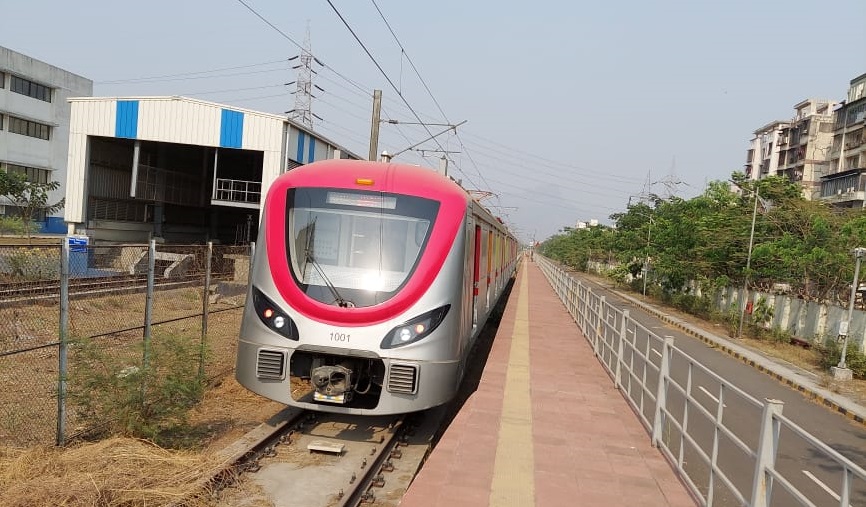By Manju Yagnik, Vice Chairperson of Nahar Group and Senior Vice, President of NAREDCO- Maharashtra
According to the Knight Frank analysis, between 2022 and 2027, the Indian real estate industry will expand at a CAGR of 8%. The research further notes that due to factors including the expansion of the Indian middle class and increased interest in Indian real estate as a refuge investment, the demand for real estate from NRIs is predicted to stay robust.
According to the survey, the top cities in India for NRI investment are Mumbai, Delhi, Bengaluru, Chennai and Hyderabad. Non-resident Indians (NRIs) are heavily involved in the investment activity that is booming in the Indian real estate industry. According to information from the Ministry of External Affairs, NRI real estate investments in India reached a record $8 billion in 2022.
NRIs should be aware of various legal issues before investing in Indian real estate, though. These consist of:
The FEMA – Foreign Exchange Management Act – controls the movement of money into and out of India. NRIs are permitted to invest in Indian real estate but must be aware of certain restrictions. For instance, NRIs are prohibited from investing in plantation or agricultural real estate.
Income Tax Act – NRI real estate investors in India are subject to several requirements of the Income Tax Act. For instance, NRIs must pay Indian taxes on the rental income they receive from their houses in India.
Property law – State-by-state differences exist in India’s property laws. The real estate regulations in the state where NRIs invest must be understood.
Stamp duty and registration fees – When buying real estate in India, NRIs must also pay stamp duty and registration fees. State-to-state variations exist in stamp duty and registration fees.
When it comes to investing in Indian real estate, there are a few practical considerations that non-resident Indians (NRIs) should be aware of:
Currency Amendments:
1. The Indian rupee’s (INR) value can be erratic and varies frequently against other major currencies like the US dollar (USD). If you are an NRI investing in Indian real estate, these currency swings may impact your results.
2. The prevalent currency rate can considerably impact the amount you receive when you repatriate your money or income from the rental or sale of property back to your place of origin.
3. To reduce this risk, Some NRIs think about hedging against unfavourable currency swings using financial products like forward contracts or options.
Political Factors:
1. Political stability in India can be erratic sometimes and this volatility may affect the real estate market, among other elements of the economy.
2. Changes in governmental real estate-related policies, rules and taxation can impact property values and investment returns.
3. NRIs should keep up-to-date on Indian politics and be ready for any changes that might influence their real estate assets. Investment diversification across various asset classes and nations can also aid in reducing this risk.
Not Enough Liquidity:
1. Compared to several other international real estate markets, the Indian real estate market is less liquid. This means that buying or selling real estate rapidly could be difficult, in some cities.
2. Due to several factors, including bureaucratic procedures, complex legal requirements, and market conditions, selling real estate in India can be time-consuming, depending upon the geography in which the unit is.
3. NRIs must be ready for the likelihood that they would have to hold onto their real estate investments for longer before finding qualified buyers, which can tie up their wealth.
To successfully handle these practical challenges, NRIs thinking about investing in Indian real estate should:
Carry out extensive research. Recognise your area’s political climate, economic climate, and real estate market. Real estate agents or regional experts might offer insightful advice. Spreading their investments across several asset classes and geographical areas can help NRIs to minimise risk rather than investing all of their money in a single real estate project.
Also Read: The top 3 Real Estate Agents to Pass MahaRERA exam are Women
Consider the long term: NRIs should have a long-term investment horizon and be ready to hold their properties for a considerable amount of time, given the potential lack of liquidity and currency changes. Keep up with any modifications to Indian legislation governing real estate ownership, taxation and money repatriation.
Despite these obstacles, NRIs can make money investing in the Indian real estate market. Before investing, it’s crucial to analyse all the ethical and legal issues carefully. It’s crucial to conduct research. Ensure you do your homework and comprehend the local market circumstances before investing.
Use a trustworthy agent: A competent agent can guide you through the legal and regulatory maze and help you locate the ideal property for your investment requirements. In addition, the Indian real estate market might be unstable in the short term, so it’s necessary to have patience and not aim for immediate financial success.
For a successful and secure investment journey in India, it is essential to grasp property legislation and the legal issues for NRI real estate investors. This guide has clarified important issues that NRIs must address, such as property eligibility, repatriation of funds, taxation and compliance requirements.
While there are plenty of chances in the Indian real estate market, according to the law, it is the key to a safe and successful investment plan for NRIs. NRIs can take full advantage of the Indian real estate market while protecting their future investments by being watchful, aware and complying with the law.









